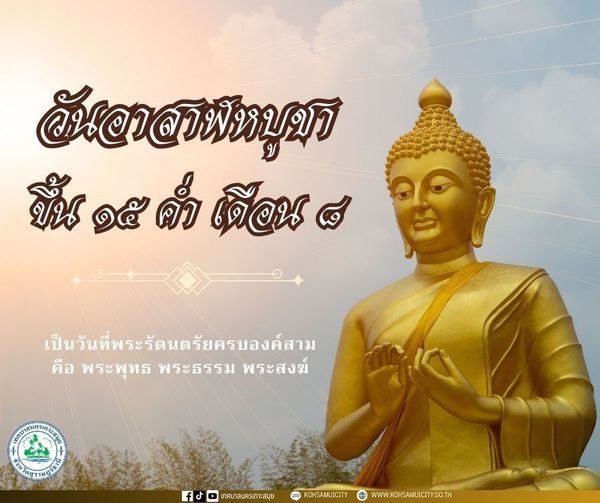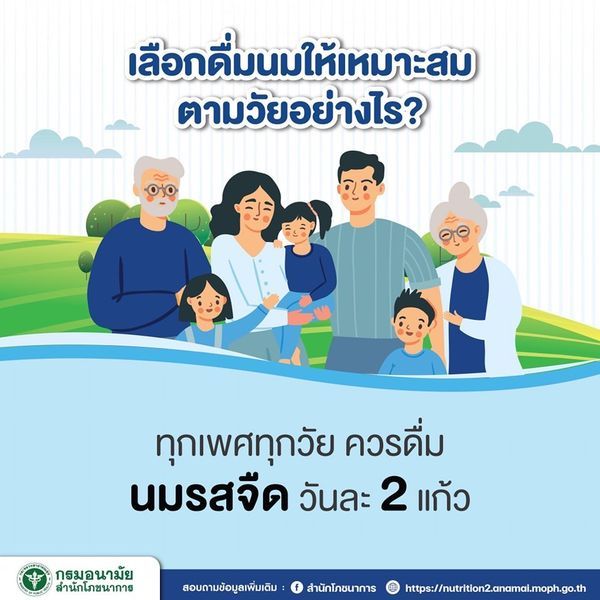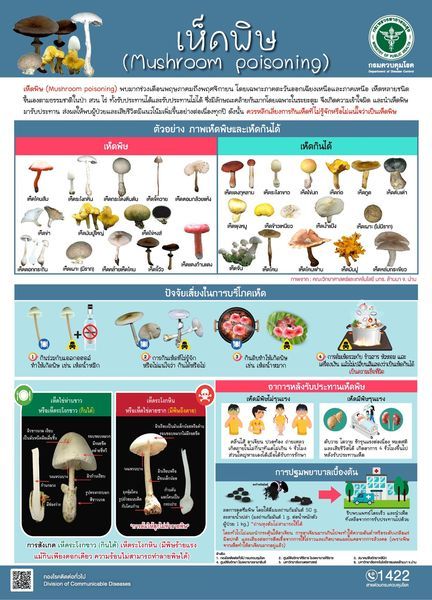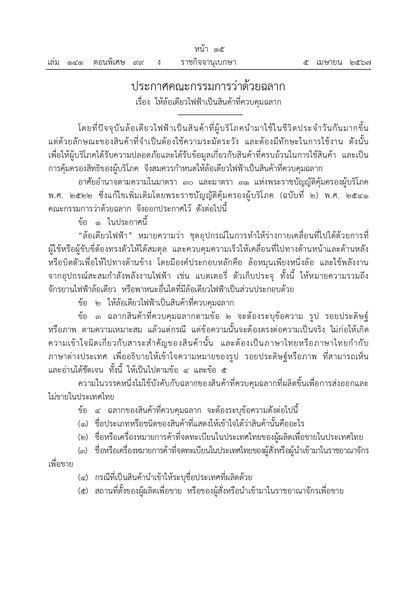“Triumph Over Trafficking: The Journey Back Home is a powerful reminder of the horrors of human trafficking in Southeast Asia. Follow the incredible journey of three Thai women who found strength, hope, and freedom with the help of the Pavena Foundation. 🌍💔✨ #TriumphOverTrafficking #HumanTraffickingAwareness #PavenaFoundation #SoutheastAsia”
TriumphOverTrafficking #HumanTraffickingAwareness #PavenaFoundation #SoutheastAsia #EndHumanTrafficking #NotForSale #BreakTheChains #ModernDaySlavery #AwarenessMatters #CrossBorderCooperation #HopeAndStrength #TogetherWeCanMakeADifference #FightingForFreedom #RaiseYourVoice #StopHumanTrafficking #EmpowerSurvivors #SpreadLoveNotHate #JoinTheFight #BeTheChange #SoutheastAsianTrafficking #InspiringSurvivorStories
A Harrowing Trap
In an alarming trend that’s been catching many off guard, three unsuspecting Thai women found themselves ensnared in a web of deceit and abuse. The lure was an innocent-looking online ad on TikTok, promising opportunities to travel to Myanmar’s Kengtung state. Little did they know, this journey touted as a chance for exploration was a ruse leading to a nightmarish reality.
From Dreams to Despair
The enticement of tourism turned sinister for Ms Mai, a 23-year-old from Chiang Rai, and two other women. Their aspirations were shattered when they were trafficked into Mong Nawng, a Shan state town known not for its sightseeing spots but for its dark underbelly of forced sex work. Their documents were taken, their autonomy stripped away, and they were coerced into prostitution, with the threat of violence looming if they dared resist.
A Cry for Help
Desperation led Ms Mai’s family to reach out to the Pavena Foundation for Women and Children, a beacon of hope for those in dire straits. Through strategic coordination with Thai consular officials and Myanmar’s police, a rescue operation was mounted. Yet, even after reaching a police station, their ordeal was far from over. The trio’s attempt to return home saw them bargaining for their freedom, with motorcycle taxi drivers demanding an exorbitant ransom.
A Teacher’s Aid
Fate intervened in the form of a schoolteacher, an unsung hero who helped the women find their way to a police station. Here, they expected safety, but instead, faced charges of illegal entry and a punitive fine before being jailed. Three months of incarceration later, the Pavena Foundation extended their support once more, providing financial assistance and ensuring the women’s return to Thai soil.
A Larger Issue
This harrowing tale is a fragment of a much larger mosaic of trafficking challenges. Southeast Asia grapples with these hidden plights, and organizations like the Pavena Foundation shine a light on the path to recovery for victims. It is a stark reminder of the perils lurking behind enticing advertisements, and the vigilance required to protect the vulnerable from such exploitation.
By sharing these stories, raising awareness, and fostering cross-border cooperation, there’s hope to stem the tide of human trafficking. The journey of these three women is a testament to resilience and the power of collective action in facing the scourge of modern-day slavery.
Frequently Asked Questions
How did the three Thai women become victims of human trafficking?
In a distressing turn of events, three unsuspecting Thai women were lured into a harrowing trap through an innocent-looking online ad on TikTok, which deceitfully promised them opportunities to travel for exploration to Myanmar’s Kengtung state. However, instead of embarking on a journey of discovery, they were ensnared into a nightmarish world of forced sex work in Mong Nawng, a town infamous not for tourism but for its dark underbelly of exploitation.
What role did the Pavena Foundation play in aiding the trafficked women?
In their time of desperation, the family of one of the women, Ms Mai, reached out to the Pavena Foundation for Women and Children. This organization, a beacon of hope, collaborated strategically with Thai consular officials and Myanmar’s police to mount a rescue operation. Despite the challenges faced even after reaching a police station, the Pavena Foundation remained undeterred, eventually providing the necessary financial support and assistance to ensure the women’s safe return to Thai soil.
What broader implications does the story of these women have for the issue of human trafficking in Southeast Asia?
This appalling narrative sheds light on a fragment of a much larger and intricate mosaic of trafficking challenges that Southeast Asia faces, highlighting the hidden plights many individuals endure. The story underscores the importance of awareness, vigilance, and cross-border cooperation to protect vulnerable populations from exploitation. By sharing these stories and uniting in collective action, there is a glimmer of hope to halt the tide of human trafficking and to honor the resilience of survivors like these three women who have triumphed over such adversity.




